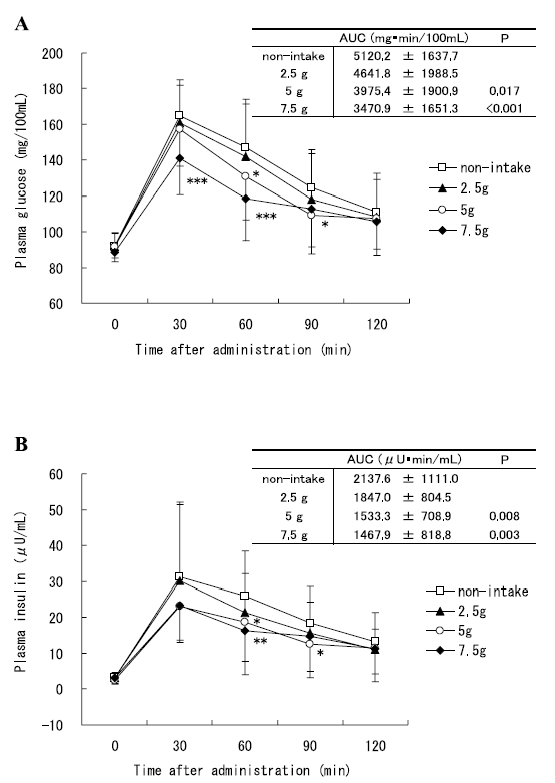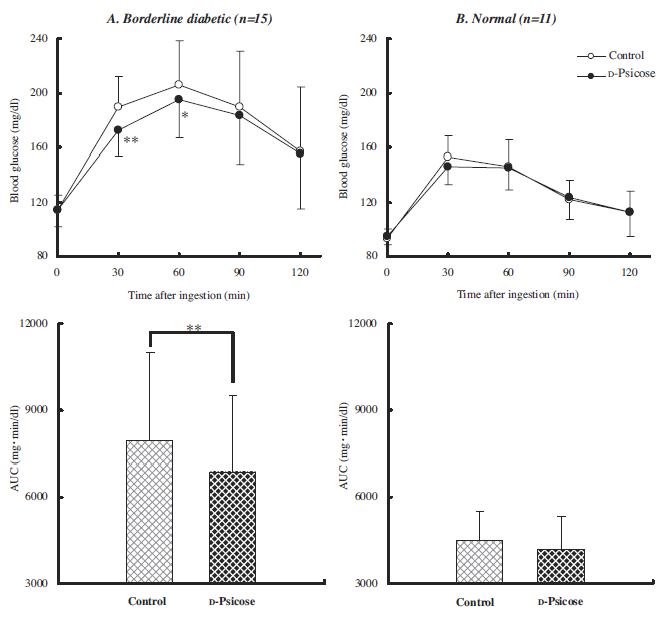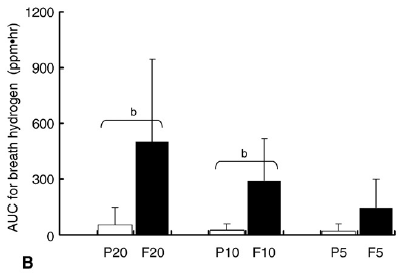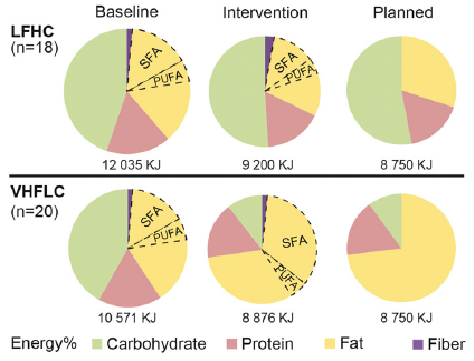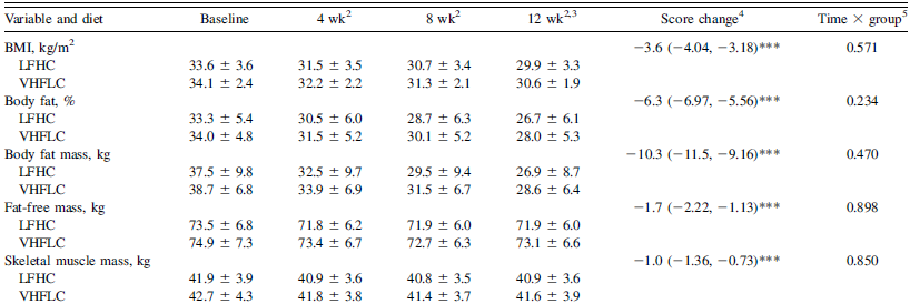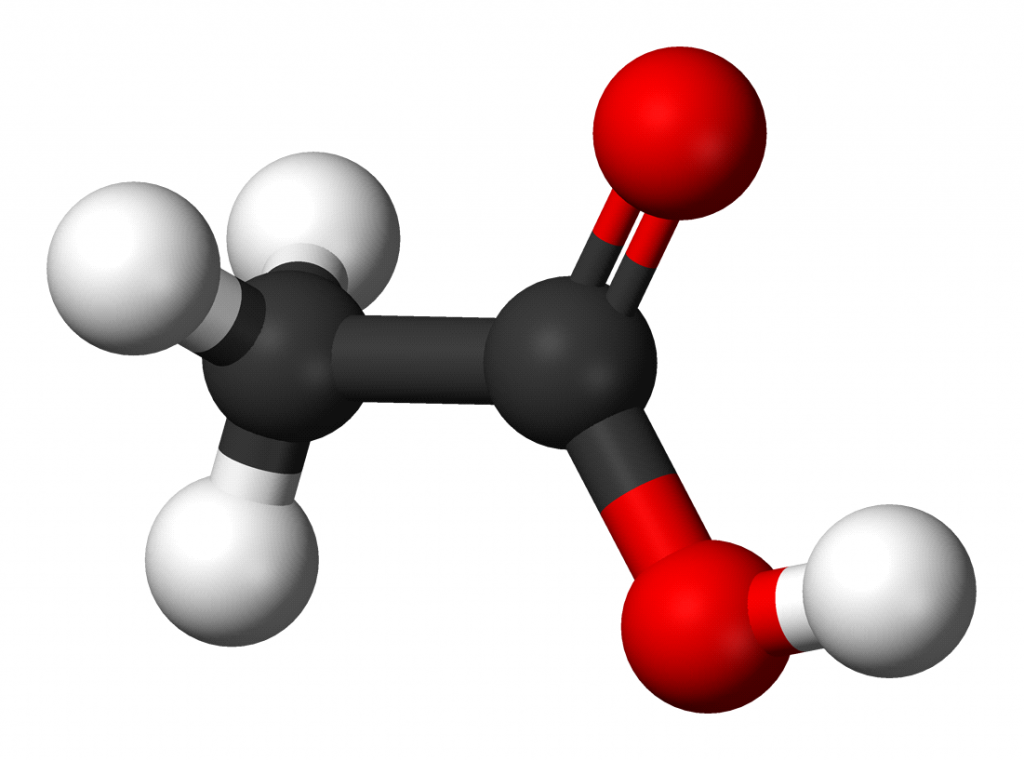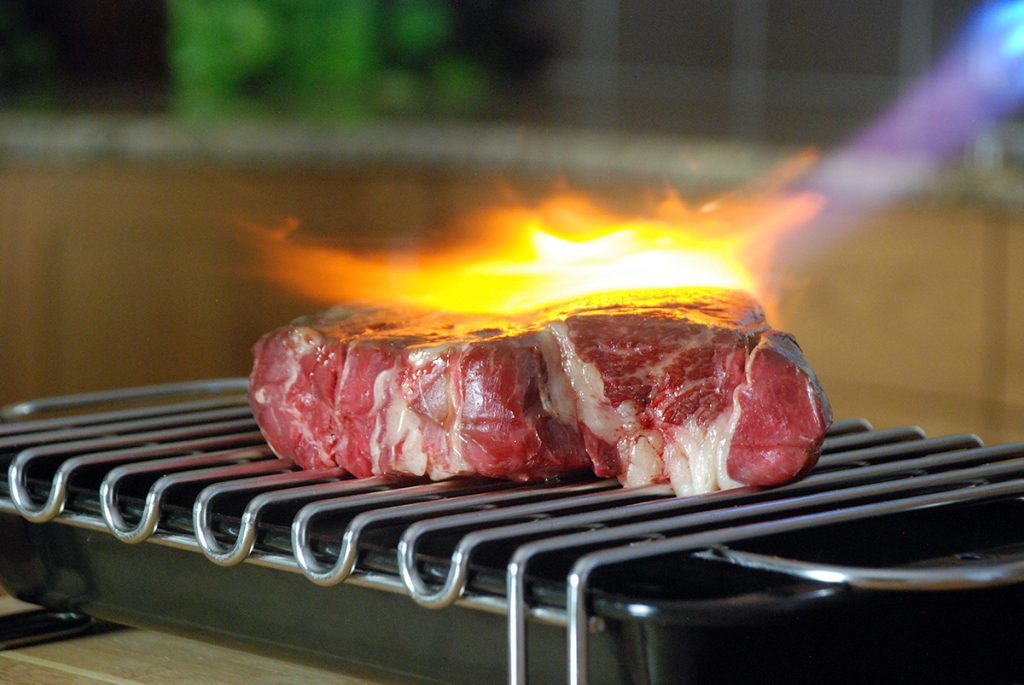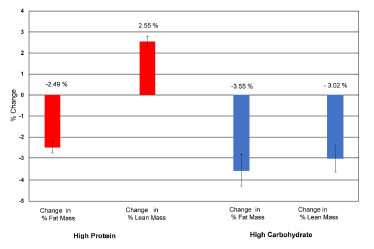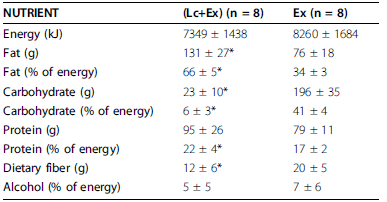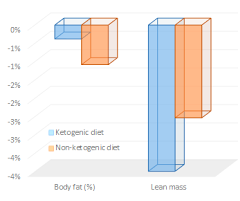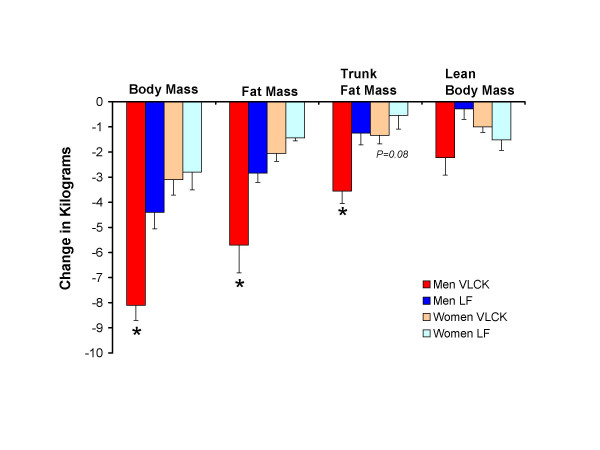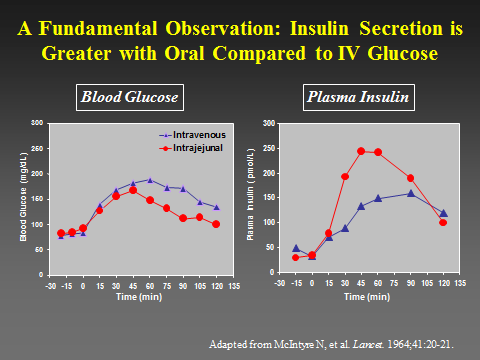On that sweetener in the new Quest Hero bars: allulose (formerly known as D-Psicose).
1. I’m sure they were quick to adopt the alternate nomenclature because it’s hard not so say Piss-cose lol
2. Nutrition-wise, Hero bars are basically Quest Lite. A bit less fibre. But I really think they’re getting much better at texture.
3. On to allulose. It’s not really like sugar – even though the FDA says it must be labeled as such – because it carries virtually no calories and actually blunts the blood glucose spike from a meal.
Exhibit A. n=20 healthy peole: 7.5 g D-psicose alone, 75 g maltodextrin alone, 75 g maltodextrin + 2.5, 5, or 7.5 g D-psicose (Iida et al., 2008)
amazeballs
Exhibit B. n=26, zero or 5g psicose with a standardized meal (Hayashi et al., 2010). Note: there are ~12 grams of allulose in a Hero bar.
It works better in diabetics.
They did a 12-week study where psicose was dosed 3 times a day, 5 grams each time, and showed it was perfectly healthy. Some markers even improved.
Exhibit C. Psicose metabolism (Iida et al., 2010)
In doses ranging from 5 to 30 grams, up to 70% is excreted intact and the rest does not go to farts.
It’s virtually calorie-free:
and is barely fermentable (compared to FOS):
compare to other low carb protein bars here, get the new Quest bars here, or just buy some straight allulose and experiment with it!
Mechanisms? 1) it’s not sugar, but it still enhances glucose disposal; and 2) some animal studies show it enhances liver glucose uptake. Idk.
If you like what I do and want to support it, head over to Patreon! Three bucks a month for access to all articles and there are many other options. Don’t hesitate, there are only a limited number of spaces left at the $3 level. It’s ad-free and you can cancel at any time 🙂
Discounts: still looking for a pair of hot blue blockers? Carbonshade and Spectra479 are offering 15% off with the coupon code LAGAKOS. And for some delish broths/stocks, Kettle & Fire is 20% off HERE.

